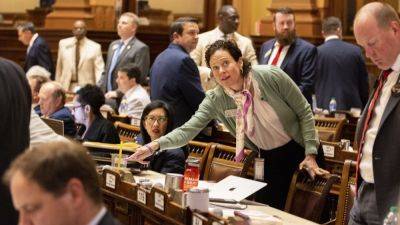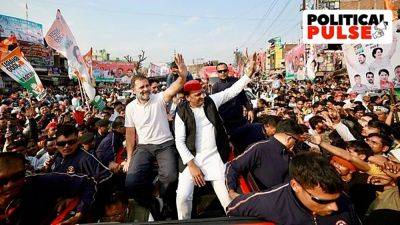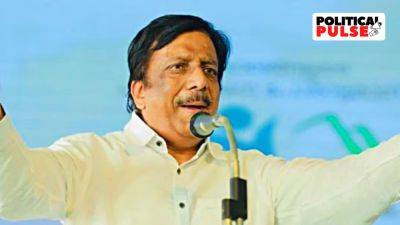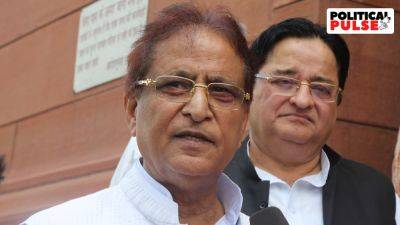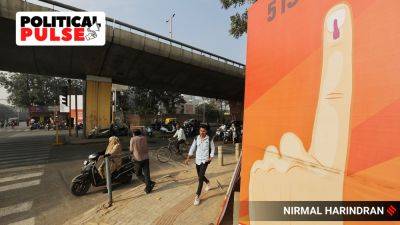One Nation, One Election: 15 parties, including 4 national, opposed, over federal impact to Constitution changes
Out of the 47 political parties which gave their opinion to the Ram Nath Kovind-led panel on simultaneous elections, 32 supported the idea, whereas 15 opposed it. Of the parties which backed simultaneous polls, only two are national parties — the BJP and the Conrad Sangma-led National People’s Party (NPP), which is part of the BJP-led NDA.
All the other four parties recognised as national by the Election Commission — the Congress, Aam Aadmi Party (AAP), Bahujan Samaj Party (BSP) and CPI(M) — opposed simultaneous polls.
The panel had sought opinion from 62 political parties in all, and held in-person interaction with 18 parties.
Apart from the BJP and NPP, the parties which supported simultaneous elections include the AIADMK; BJP allies All Jharkhand Students’ Union (AJSU), Apna Dal (Soneylal), Asom Gana Parishad, Lok Janshakti Party ®, National Democratic Progressive Party (of Nagaland), Sikkim Krantikari Morcha, Mizo National Front and United People’s Party Liberal of Assam; JD(U), which recently returned to the NDA fold; Biju Janata Dal; Shiv Sena (a faction of which is with the NDA); and Akali Dal.
The parties which opposed simultaneous elections include, apart from the four national parties, the AIUDF, Trinamool Congress, AIMIM, CPI, DMK, Naga People’s Front (NPF) and Samajwadi Party (SP).
The prominent parties which did not respond to the panel were the Bharat Rashtra Samithi, IUML, J&K National Conference, JD(S), Jharkhand Mukti Morcha, Kerala Congress (M), NCP, RJD, Revolutionary Socialist Party (RSP), TDP and RLD (both BJP allies now), and the YSRCP.
The AAP submitted its response to the panel on January 18 this year, followed by personal interaction on February 8. In its response, the AAP said that simultaneous


